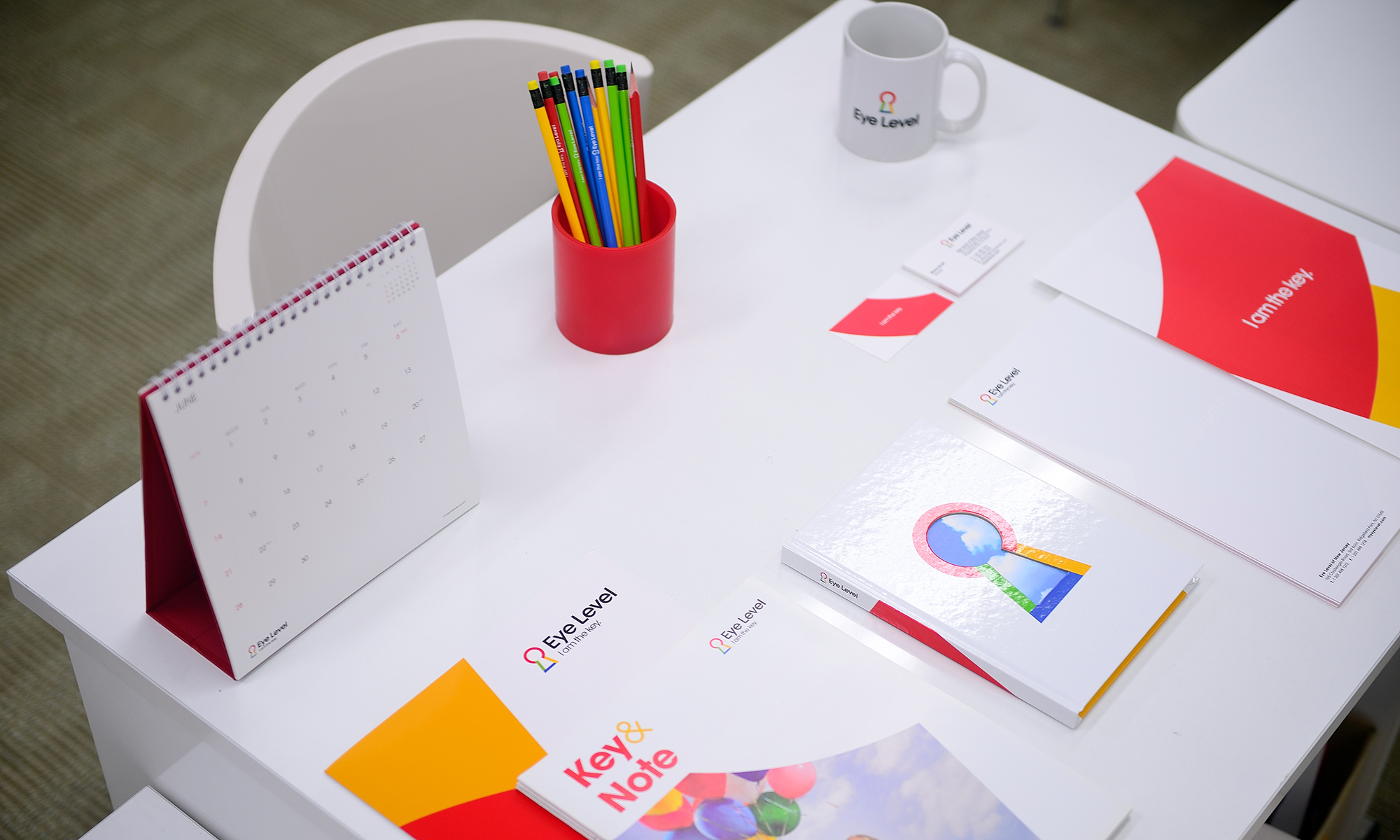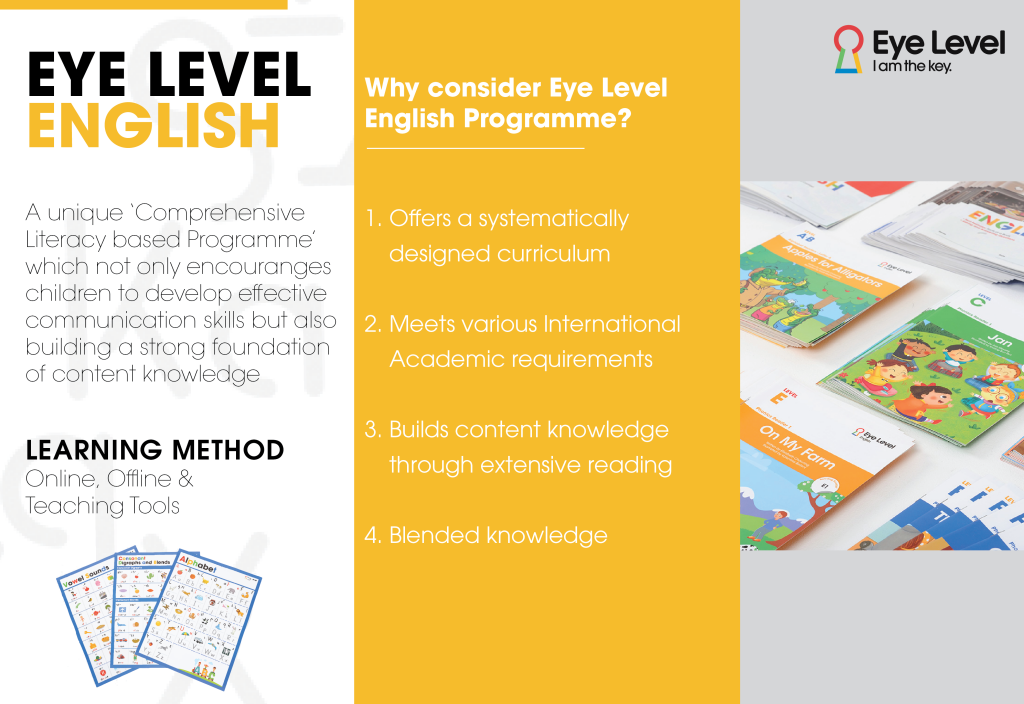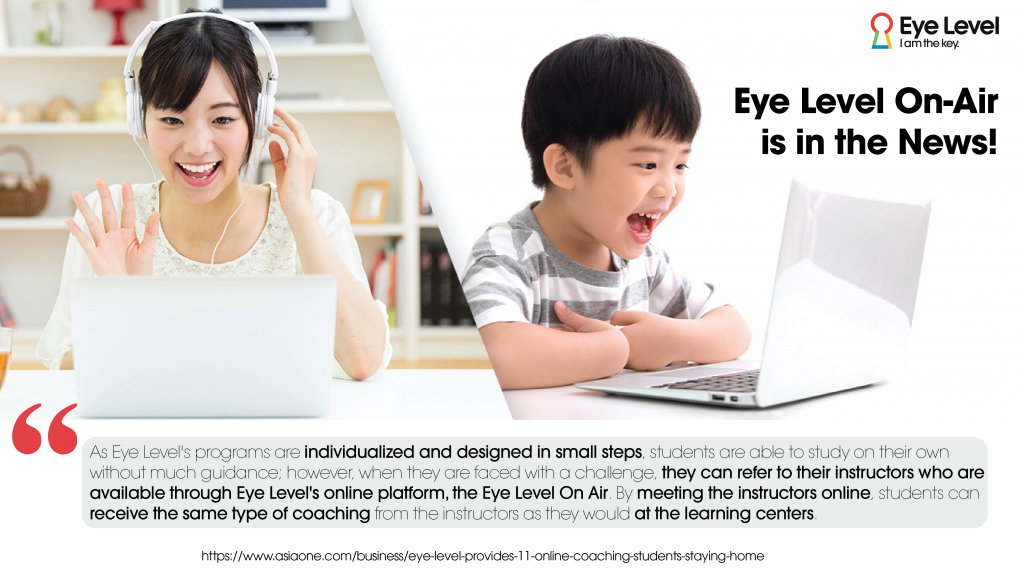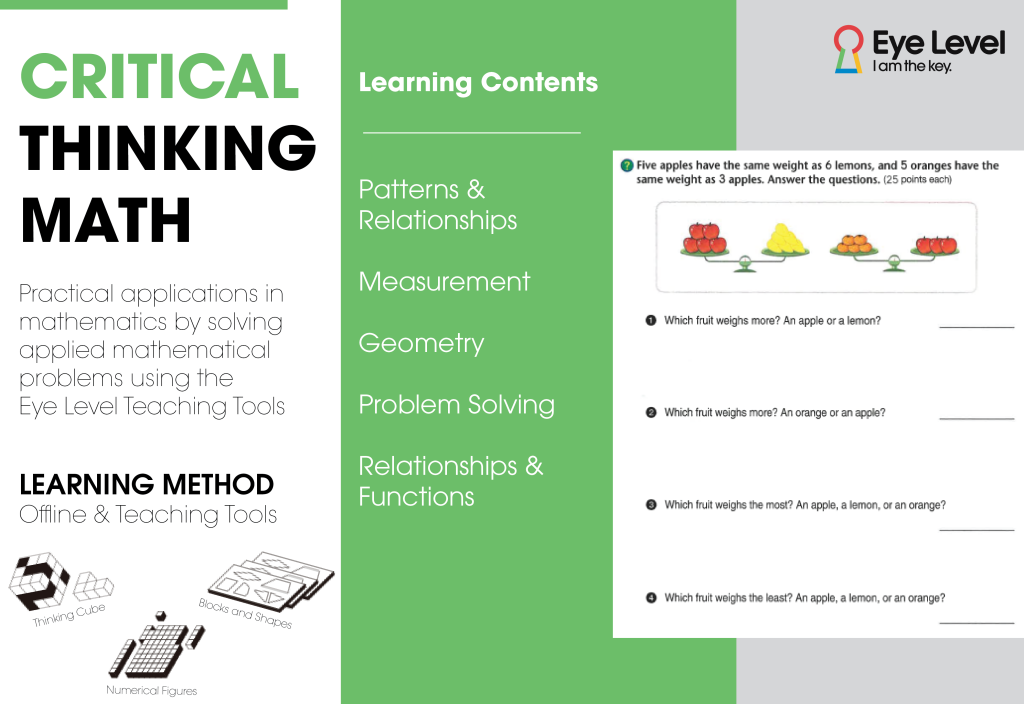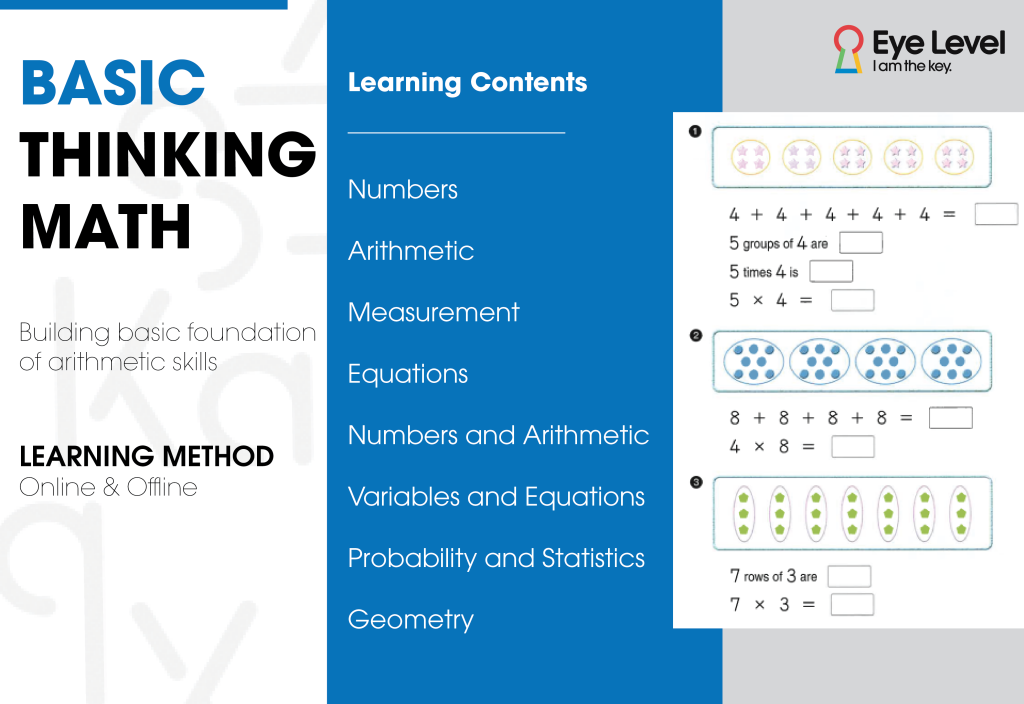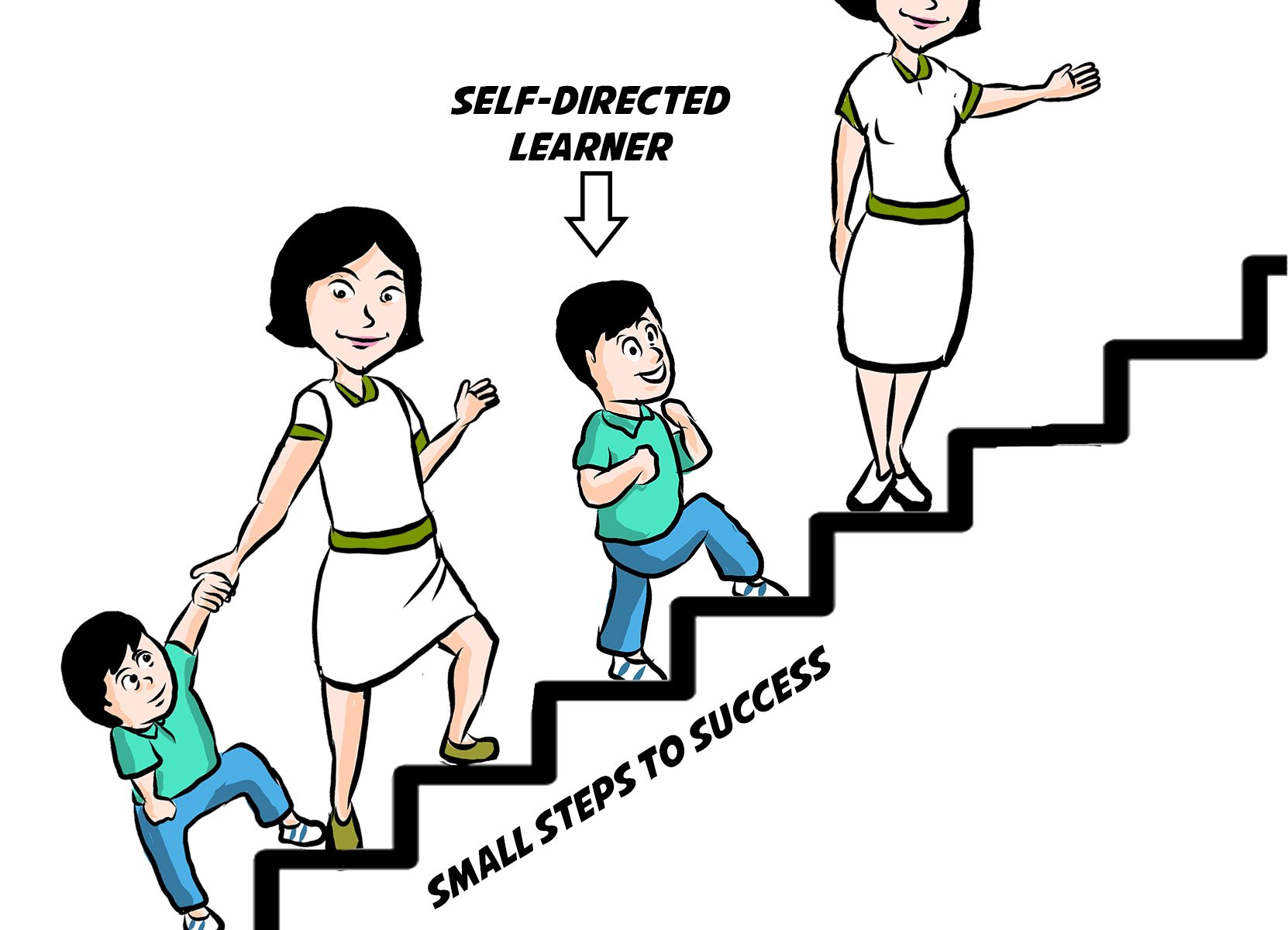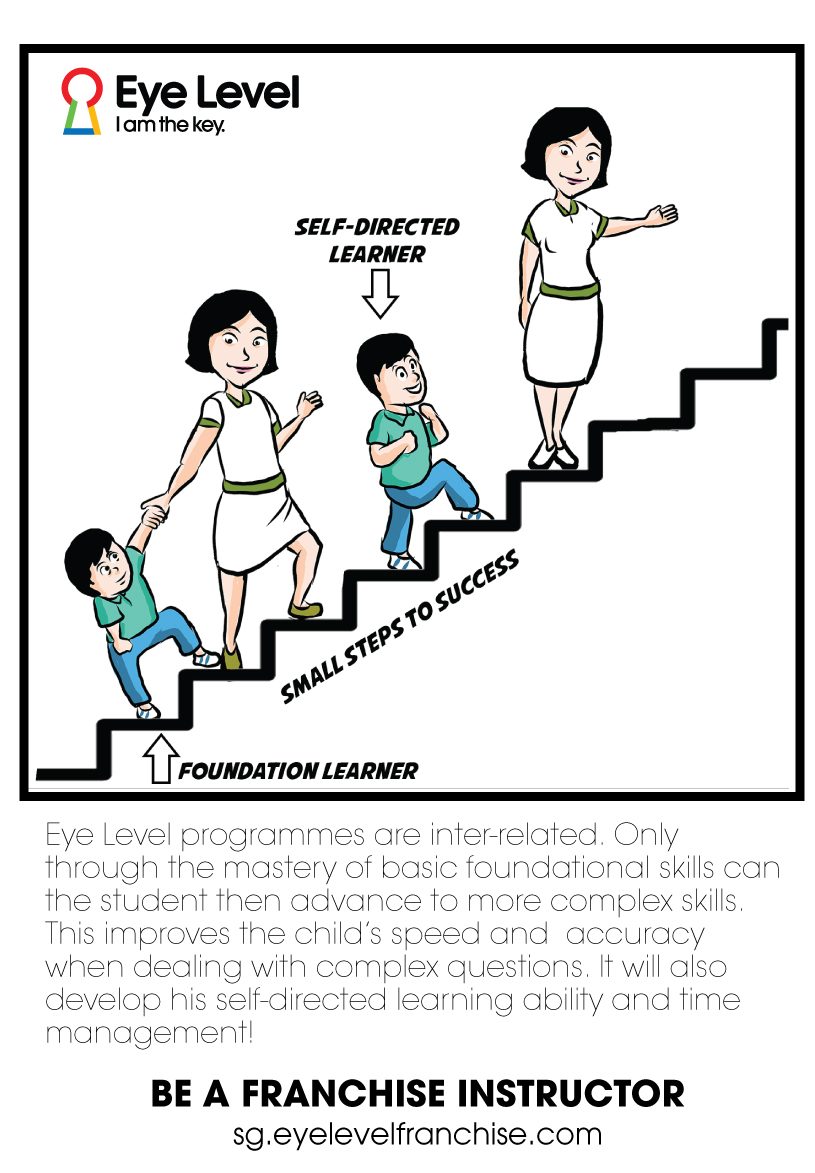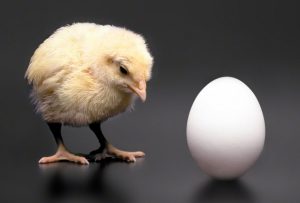Annually, Eye Level Singapore organizes an Award Ceremony to promote, recognize, and reward students with outstanding performances for global competitions such as the Eye Level Literary Award (ELLA) and Eye Level Math Olympiad (ELMO).
This year, we are honoring the winners of ELLA, ELMO (Lite), and the Eye Level Completers (Scholars) through a specially-made video.
It is our pleasure to announce the 2020 Eye Level Winners. Your hours of hard work to prepare for the competition(s) and/or years of dedication to achieve completion of the Eye Level program are recognized. We are proud of you and your accomplishments.
Congratulations, winners:
Eye Level Literary Award (ELLA)
Illustrated Writing (Junior) – 4yo to 6yo
GOLD – Lim Zi Xin, Ally
SILVER – Huang Yichen
BRONZE – Emma Chang
Illustrated Writing (Senior) – 7yo to 9yo
GOLD – Avoe Kum
SILVER – Kong Wyne Lum Xavier
BRONZE – Fadiah Nabilah Yusoff
Writing – 10yo to 14 yo
GOLD – Lucas Chan
SILVER – Umaiza Zaini
BRONZE – Ayra Nur Adilia Shahmirshah
Eye Level Math Olympiad (Lite)
Perfect Scorers
Joshua Tan Jean Keat
Kaeden Soh
And, not forgetting all our 2020 Scholars, the Juniors and Seniors!
The certificates and/or trophies will be ready for collection in your respective learning centres from 8 March to 14 March 2021. All participants of the Eye Level competitions will also receive a ‘Certificate of Participation’.
